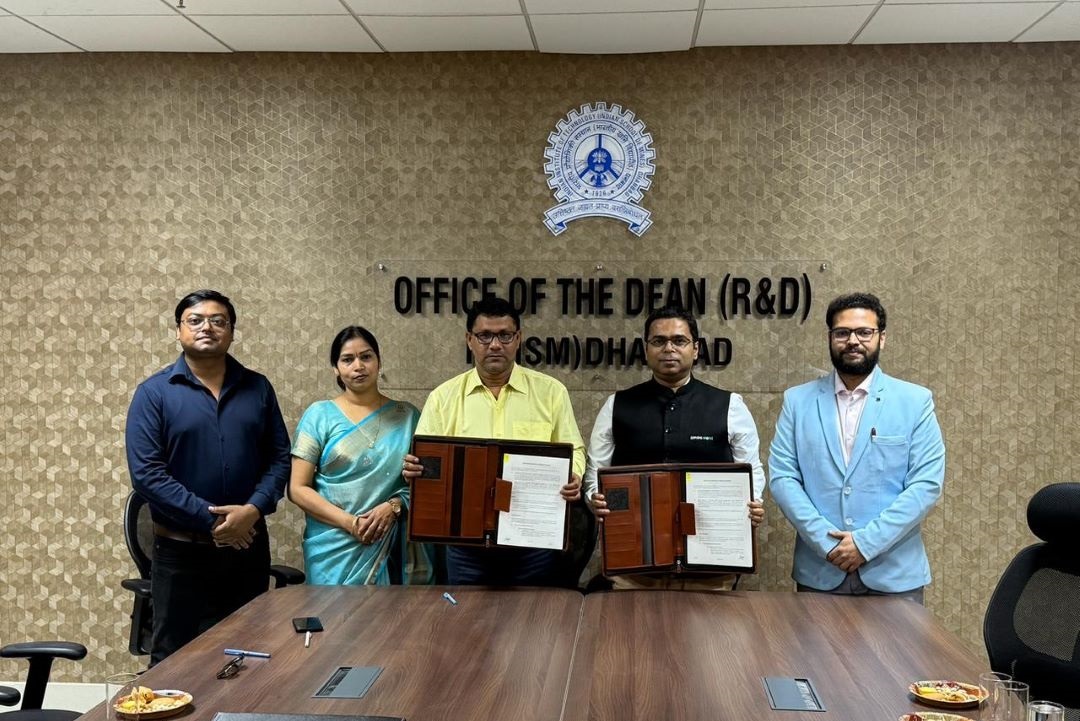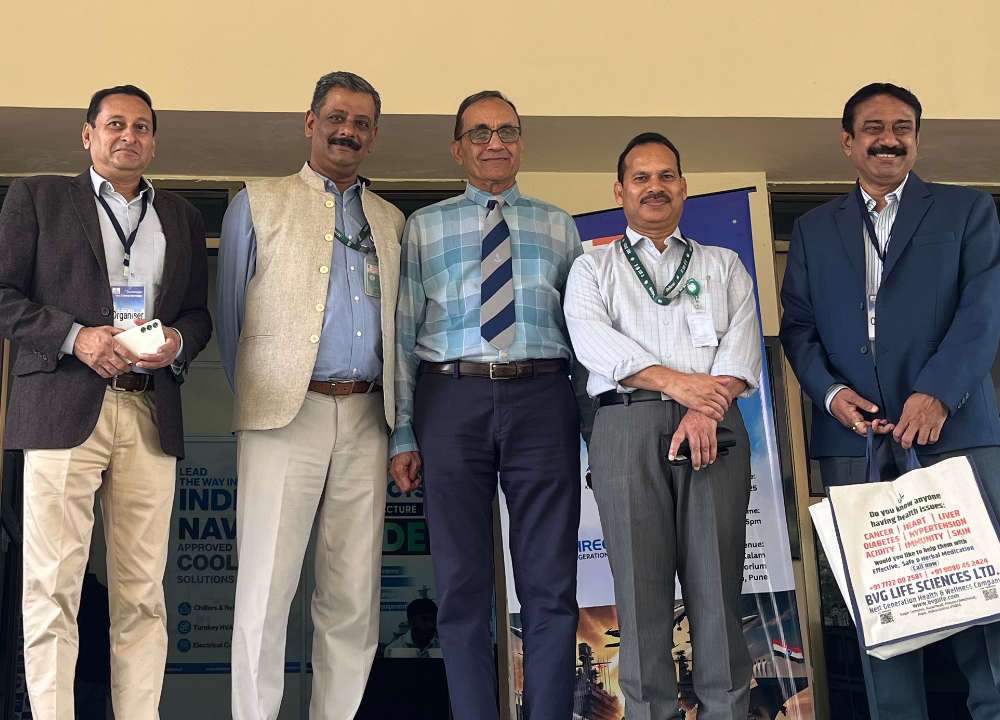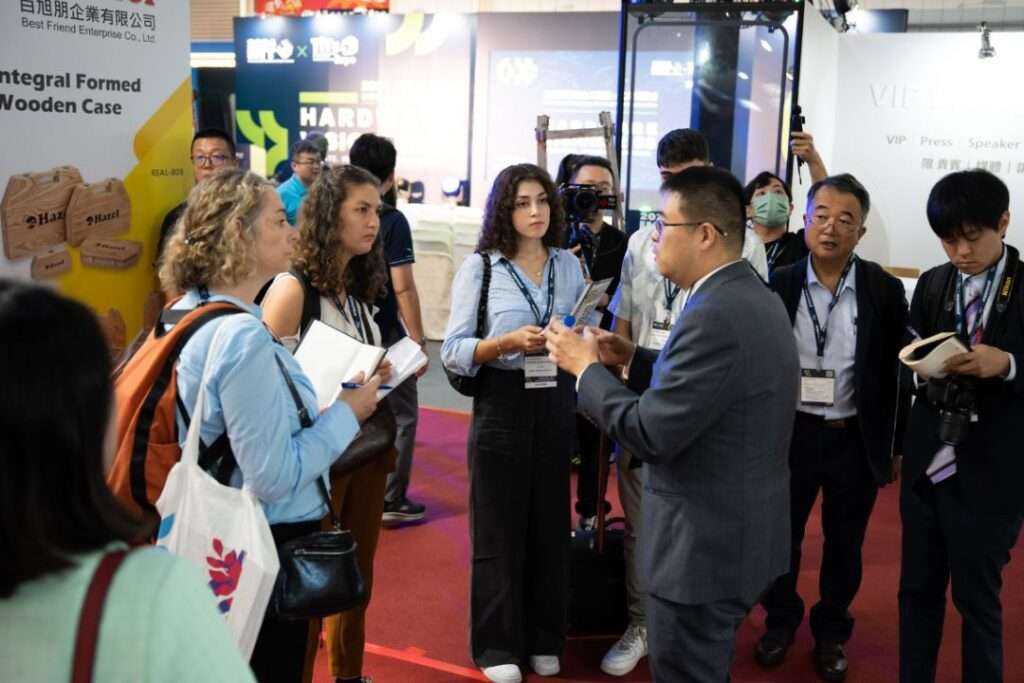The Indian Institute of Technology (Indian School of Mines), Dhanbad, has entered into a Memorandum of Understanding (MoU) with sentra.world, a Bangalore-based sustainability startup focused on decarbonizing industrial manufacturing. The partnership aims to advance research on reducing carbon emissions in India’s iron and steel industry through the use of biochar, a sustainable alternative to coal.
The initiative will investigate biomass from over 10 Indian states to develop efficient conversion methods for producing high-quality biochar. This biochar will be tested for applications in steelmaking processes, including coke production, sintering, and sponge iron manufacturing.
The project intends to utilize around 720 tonnes of surplus biomass, including agricultural residues like rice husk, forest waste like bamboo, agri-processing by-products such as sugarcane bagasse, and invasive plants like babool. By addressing stubble burning—a major contributor to air pollution—this collaboration offers farmers a new income source through the commercialization of agricultural waste.
With the steel industry accounting for 8-12% of India’s greenhouse gas emissions, biochar could potentially lower emissions by as much as 40%. “This collaboration is crucial for achieving net-zero goals by 2070 and advancing India’s sustainable development during Amrit Kaal,” said Professor Sagar Pal, Dean R&D, IIT (ISM) Dhanbad.
Vikas Upadhyay, Co-founder of sentra.world, highlighted the importance of the partnership, noting that “over 50 industrial customers are actively seeking solutions to reduce their carbon footprint. This collaboration is a significant step toward decarbonizing hard-to-abate sectors in India.” The research is expected to drive sustainability, promote product standardization, and establish global benchmarks for innovation within the steel industry.
The Indian Institute of Technology (Indian School of Mines), commonly known as IIT(ISM) Dhanbad, is a prestigious public technical and research university located in Dhanbad, Jharkhand, India. Established in 1926 as the Indian School of Mines, it became an IIT in 2016, marking its transition to one of the premier institutes for higher education and research in engineering, technology, and applied sciences in India.
IIT(ISM) is renowned for its specialized programs in mining, petroleum, and mineral engineering, alongside offering a wide array of undergraduate, postgraduate, and doctoral degrees in various branches of engineering, sciences, and management. With its state-of-the-art research facilities, strong industry collaborations, and a vibrant campus life, IIT(ISM) Dhanbad continues to contribute significantly to the development of the country’s mining, energy, and industrial sectors.








